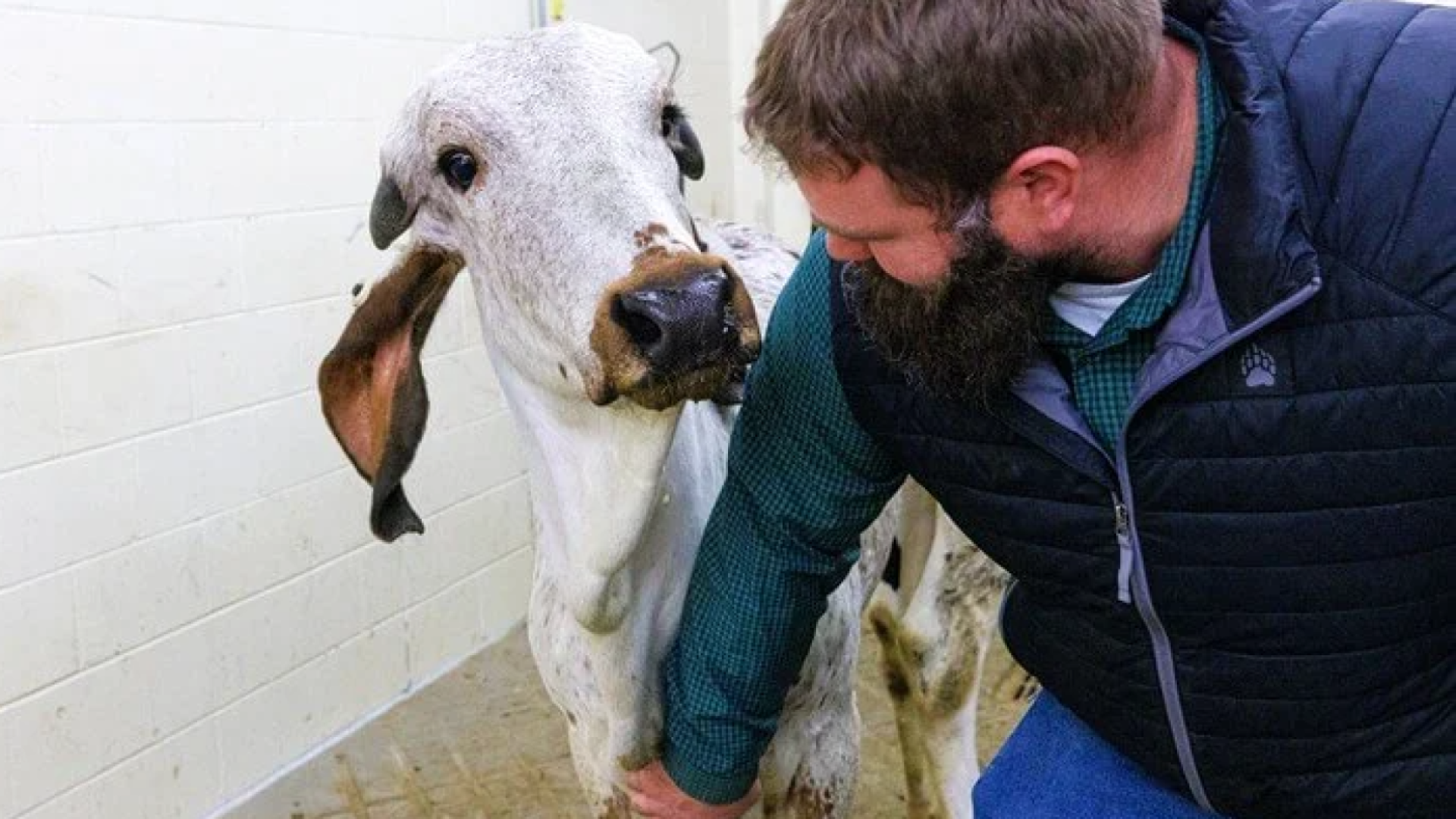First BVDV-resistant calf produced by gene editing

Scientists have collaborated to produce the first gene-edited calf with resistance to bovine viral diarrhoea virus (BVDV). The study, published recently in PNAS Nexus, is the result of a collaboration between several universities and industry players. BVDV is one of the most important viruses affecting the health and well-being of cattle worldwide and has been studied by researchers since the 1940s when it was first identified. The virus does not affect humans, but is highly contagious among cattle and can cause severe respiratory and intestinal disease. BVDV can be devastating to pregnant cows, as it can infect developing calves, causing spontaneous abortions and low birth rates. Some infected calves survive to birth and remain infected for life, shedding massive amounts of virus to other cattle. Over the past 20 years, the scientific community has discovered the key cellular receptor (CD46) and the site where the virus binds to this receptor and causes infection in cows. In this latest study, scientists have modified the virus binding site to block infection. Aspen Workman, lead author and researcher at ARS’ US Meat Animal Research Center (USMARC) in Clay Center, Nebraska, said, “Our goal was to use gene-editing technology to slightly modify CD46 so that it doesn’t bind the virus but still retains all its normal functions in cattle. The scientists first tested this idea in cell culture. After seeing promising results in the lab, Acceligen edited cattle skin cells to develop embryos carrying the modified gene. These embryos were transplanted into surrogate cows to test whether this approach could also reduce viral infection in live animals. It worked, and the first CD46 gene-edited calf, named Ginger, was born healthy on 19 July 2021. The calf was followed for several months and then challenged with the virus to see if it could become infected. She was housed for a week with a BVDV-infected dairy calf that was born shedding virus. Ginger’s cells showed significantly reduced susceptibility to BVDV, resulting in no observed adverse health effects. Scientists will continue to monitor Ginger’s health and ability to produce and rear her own calves. This promising trait is still in the research phase and no associated cattle are currently entering the US food supply.